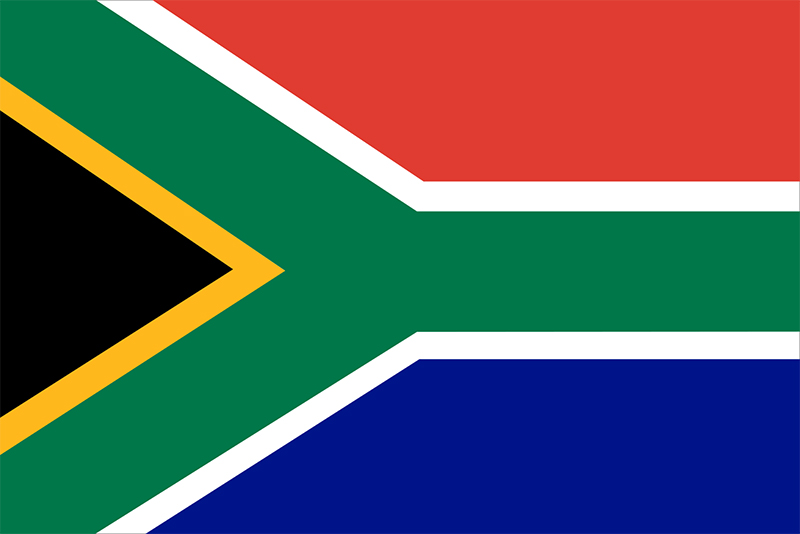By Ephraim Malema
New doors opened for the deaf community when President Cyril Ramaphosa signed into law the South African Sign Language Bill on 19 July 2023, which officially made Sign Language South Africa’s 12th official language. This is a victory for the democratic Republic of South Africa, which has removed the barriers of language once and for all. Through it government has moved to restore the dignity of the deaf community.
This is what we call “Ubuntu” in Nguni language and literally translated to English it simply means showing humanity to others. Deaf persons, like all others in South Africa are protected by the Constitution and this move will ensure meaningful realisation of the right to communicate in one’s own language.
Some might well ask what is the importance of language rights? Language is part of every nation’s heritage and culture. Therefore, Sign Language is crucial because it contains cultural heritage, identity and traditional values of all people who are deaf and those with hearing problems. The main connection between human beings is language. All species have their own way of communicating and human beings have cognitive language communication. Also, language allows us to share ideas, feelings, and thoughts and also build the nation.
The South African Sign Language (SASL) has the potential to enhance communication for everyone – but only if we do not frame it as a language for the people who are deaf or have hearing problems. The 12th official language in South Africa must be respected and that is why in May this year the National Assembly approved that section 6 of the Constitution be amended to include South African Sign Language (SASL) as an official language to promote the rights of people who are deaf and those who have hearing problems.
In my view, if thousands or millions of South Africans choose to learn Sign Language, we can unlock the doors of communication for everyone. We would be remiss to discount the contributions which deaf people – the primary users and owners of Sign Language – can offer in this democratic country. To recognise Sign Language as the 12th official language is a point of human rights, let us grab it and work to build a better tomorrow for all.
I penned this opinion piece with a mixture of emotions – delighted that the dignity of deaf people has been restored, but I am also disappointed because not much has been written about this momentous occasion in our history. I would have thought our intellectuals and even institutions of higher learning would celebrate this advance in opening the doors of communication, learning and opportunity for all. We should celebrate and promote South African Sign Language (SASL), just as we rightly celebrate access to Mandarin and Swahili.
As the 12th official language in South Africa, Sign Language truly gives a voice to the voiceless. However, it remains incumbent on all South Africans to make Sign Language a success story.





